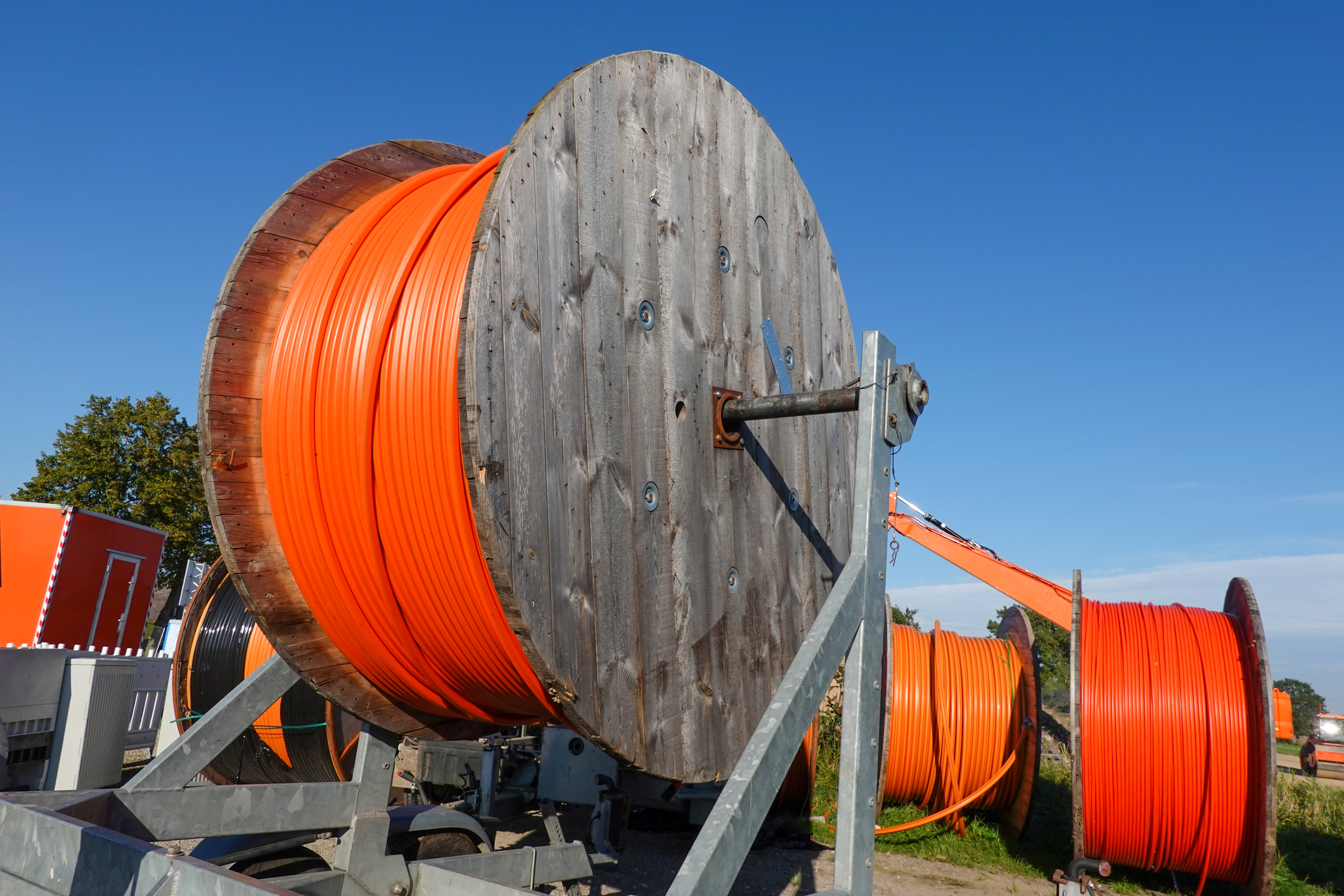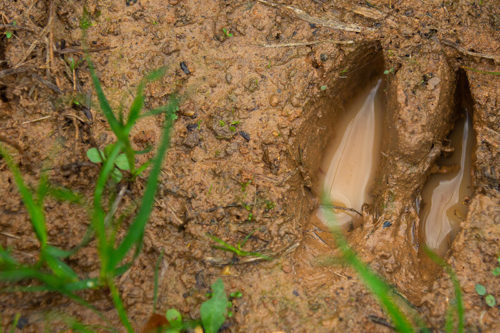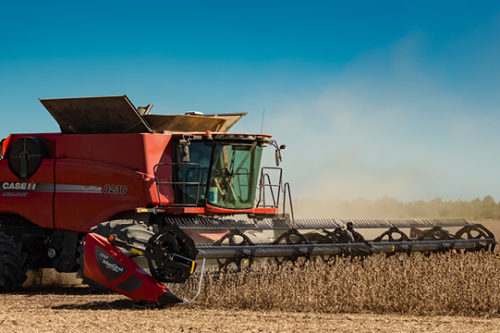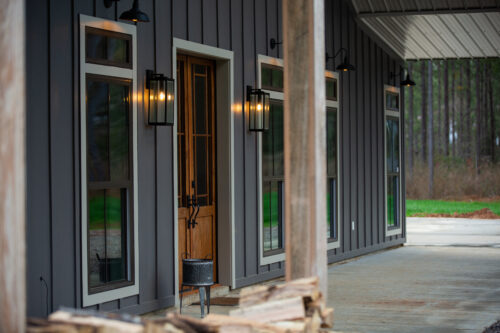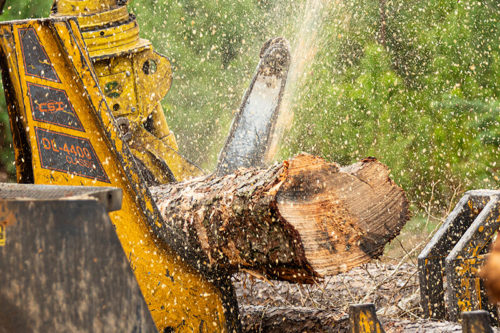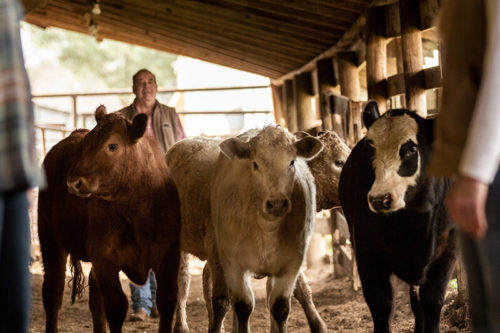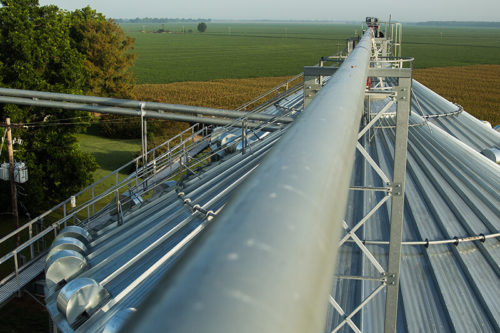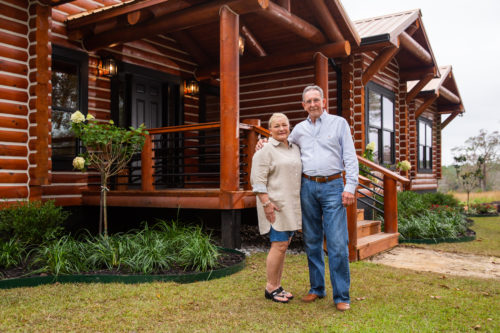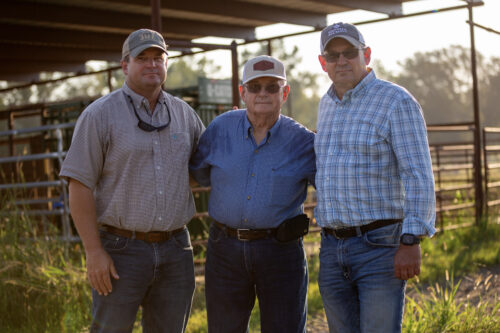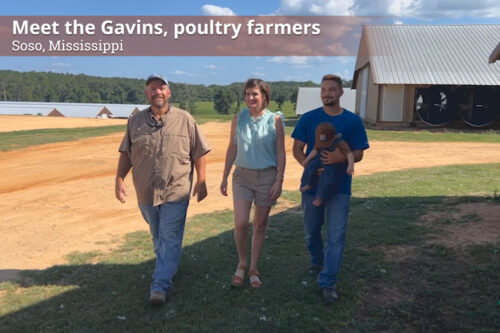Rural Internet Options in Louisiana and Mississippi
The lack of high-speed Internet options for rural residents of Louisiana and Mississippi was a problem before the pandemic. COVID-19 lockdowns and library closures have made clear what people living outside the city limits already knew: high-speed internet is an essential utility, and not enough people have it.
The Scope of the Internet Access Issue: the Rural-Urban Broadband Divide
The pandemic has deepened what is referred to as the Rural-Urban Broadband Divide—a disparity that leaves millions of Americans behind. The reason why this divide exists in the first place is multipronged, but the main issue is that laying fiber optic cable lines is not profitable for for-profit utility companies to build.
Construction of internet cable is time-consuming and difficult. When homes are close together, internet service providers are happy to make this investment, but in rural areas where locations are fewer and miles apart, it can be much more difficult.
As a result, rural communities in Louisiana and Mississippi suffer from a lack of high-speed internet every day. Imagine not being able to attend school online, hop on a Zoom call, place an online order, or send a business invoice. Mississippi and Louisiana have some of the lowest rates of rural broadband access in the country.
Recent Developments
Both Louisiana and Mississippi are receiving funds from the following federal grant and loan programs to bolster broadband infrastructure.
FCC Rural Digital Opportunity Fund
The Federal Communications Commission (FCC) established the Rural Digital Opportunity Fund in August 2019 to bring high-speed internet to rural areas of our country. The program has provided $4.7 billion in funding to bring broadband to 2.7 million locations so far.
In January and March 2022, the FCC announced that additional rounds of funding will be released to more unserved areas of the country as well as locations that had defaulted bids during Phase I and Phase II of the initial launch of the program.
FCC’s Affordable Connectivity Program
“The Affordable Connectivity Program is an FCC benefit program that helps ensure that households can afford the broadband they need for work, school, healthcare and more.
The benefit provides a discount of up to $30 per month toward internet service for eligible households and up to $75 per month for households on qualifying Tribal lands. Eligible households can also receive a one-time discount of up to $100 to purchase a laptop, desktop computer, or tablet from participating providers if they contribute more than $10 and less than $50 toward the purchase price.
“The Affordable Connectivity Program is limited to one monthly service discount and one device discount per household.”
National Telecommunications and Information Administration (NTIA)
The Department of Commerce’s National Telecommunications and Information Administration (NTIA) is awarding grants to expand broadband infrastructure to twelve states and Guam. NTIA’s Broadband Infrastructure Program is funded by the Consolidated Appropriations Act signed in 2021.
USDA ReConnect
Funded through the CARES Act of 2020, USDA’s ReConnect program provides grants, loans, and grant/loan combinations to Internet Service Providers (ISPs) to build broadband and fuel long-term economic development in rural areas.
Louisiana
Governor John Bel Edwards applauds the recent developments in state and federal broadband infrastructure funding. He said the broadband networks will “serve to connect the unconnected, bring digital inclusion and equity to our residents, and allow our rural communities to be competitive in the 21st Century.” Below are some programs being implemented. Governor Edwards has also established the Broadband for Everyone in Louisiana Commission to facilitate the process of building broadband for all residents.
FCC
Louisiana is adding broadband through the Rural Opportunity Fund. The FCC has published a list of the winning bidders, the number of locations they will serve, and the amount of each bid for Phase I.
NTIA
The Acadiana Planning Commission, covering Acadia Parish, Evangline Parish, and St. Landry Parish, was awarded $29,940,612. The Acadiana Regional Public/Private Partnership for the Deployment of a Fiber to the Home Network in the Rural Underserved Areas of Acadiana project is a last-mile broadband deployment designed to bring qualifying broadband to 22,196 unserved households.
Vice President Kamala Harris visited Louisiana on March 21st to raise awareness of the digital divide as well as announce the NTIA funding.
GUMBO Program
Louisiana’s Office of Broadband Development & Connectivity (ConnectLA)’s grant program, Granting Unserved Municipalities Broadband Opportunities, or GUMBO, is helping build rural broadband. The ISP contract winners for the first round of funding have been announced.
USDA ReConnect Program
The USDA ReConnect program provides grants, loans, and grant/loan combinations to ISPs to build broadband to fuel long-term economic development in rural areas through the CARES Act.
Star Telephone Company received two ReConnect awards to build high-speed broadband infrastructure in Iberville, Pointe Coupee, and St. Landry Parishes. These awards are a 50 percent grant/50 percent loan.
| Funding Round | Number of Households | Award Amount | Details | Parishes |
|---|---|---|---|---|
| 2019 | 2,609 | $15,525,694 | Creates or improves connectivity for 2,609 rural households, 16 pre-subscribed farms, 13 educational facilities, 2 healthcare centers, and 8 critical community facilities spread over 100.26 square miles. | Iberville Pointe Coupee St. Landry |
| 2020 | 1,472 | $12,321,244 | This Rural Development investment will be used to deploy fiber-to-the-premises broadband service in rural Louisiana. The funded service areas include 1,472 households, 5 educational facilities, and 2 essential community facilities spread over 191.64 square miles. | Rapides Concordia Pointe Coupee Avoyelles Evangeline |
Mississippi
FCC
Mississippi is also adding broadband through the Rural Opportunity Fund. The FCC has published a list of the winning bidders, the number of locations they will serve, and the amount of each bid for Phase I.
NTIA
In February, Mississippi received an NTIA award for $32,696,322. This grant is a last-mile and middle-mile broadband deployment across the entire state of Mississippi. It consists of ten unique projects that are designed to bring qualifying broadband to a total of 12,487 unserved households across ten counties.
Governor Tate Reeves said the following about the NTIA grant. “When Mississippi Public Utilities Staff approached us about whether a grant application should be submitted, I knew we absolutely had to proceed. Mississippi received the second-highest award total out of any state – a testament to the strength of our application and proof positive just how important these 10 projects are to not only Mississippi but to our country. My administration will continue to leverage every tool at our disposal to ensure all Mississippians, regardless of where they live, have access to the full breadth of benefits technology has to offer.”
The following entities will be funded through the Mississippi Public Service Commission:
| Project | County | Award Amount |
|---|---|---|
| Bay Springs Smith County | Smith County | $5,507,845.20 |
| Bruce Telephone | Calhoun County | $7,625,076.17 |
| C Spire Issaquena | Issaquena County | $894,780.00 |
| C Spire Madison County | Madison County | $625,500.00 |
| CableSouth Media 3 Collins | Covington County | $1,755,000.00 |
| Franklin Telephone | Lincoln County | $5,326,250.40 |
| MaxxSouth New Albany | Benton/Union County | $3,072,303.78 |
| MaxxSouth Pontotoc | Pontotoc County | $1,693,345.18 |
| Uplink Coahoma | Coahoma County | $4,859,330.58 |
| We Connect Calhoun County | Calhoun County | $1,336,901.24 |
USDA ReConnect Program
The USDA ReConnect program provides grants, loans, and grant/loan combinations to ISPs to build broadband to fuel long-term economic development in rural areas through the CARES Act.
Two ISPs received 100% grants in the 2020 funding round to build high-speed broadband infrastructure in Mississippi.
| ISP | Number of Households | Award Amount | Details | Counties |
|---|---|---|---|---|
| Tallahatchie Valley Electric Power Association | 878 | $16,091,872 | This Rural Development investment will be used to deploy a fiber-to-the-home network in rural Mississippi. The funded service areas include 878 households and nine essential community facilities spread over 474.74 square miles. | Yalobusha Tallahatchie Panola Grenada Quitman |
| Bay Springs Telephone Company | 2,037 | $4,692,817 | This Rural Development investment will be used to deploy fiber-to-the-premises broadband service in rural Mississippi. The funded service areas include 2,037 households, five educational facilities, seven essential community facilities, and two healthcare facilities spread over 96.71 square miles. | Jasper Jones Newton Lauderdale Smith |
Mississippi Electric Cooperatives Broadband COVID-19 Grant Program
Electric co-ops are now allowed to provide broadband thanks to a law passed by the Mississippi legislature in 2019. The Mississippi Electric Cooperatives Broadband COVID-19 Grant Program awarded money to ISPs to build broadband in areas unserved or underserved by broadband. You can view all the providers and their award amounts at the Mississippi Public Service Commission.
Broadband is Coming
While broadband may not have reached your particular parcel of rural land in Louisiana or Mississippi, the federal government as well as the government leaders of Louisiana and Mississippi are actively identifying unserved areas and allocating funds to bring broadband to you. To keep up with broadband providers in your area, visit the NTIA’s Broadband Availability Map.
At Southern AgCredit, we look forward to seeing all of our rural borrower-owners enjoy broadband on their farms, hunting camps, country homes, and more. For more information on financing your property in the country, contact a Southern AgCredit office near you.

